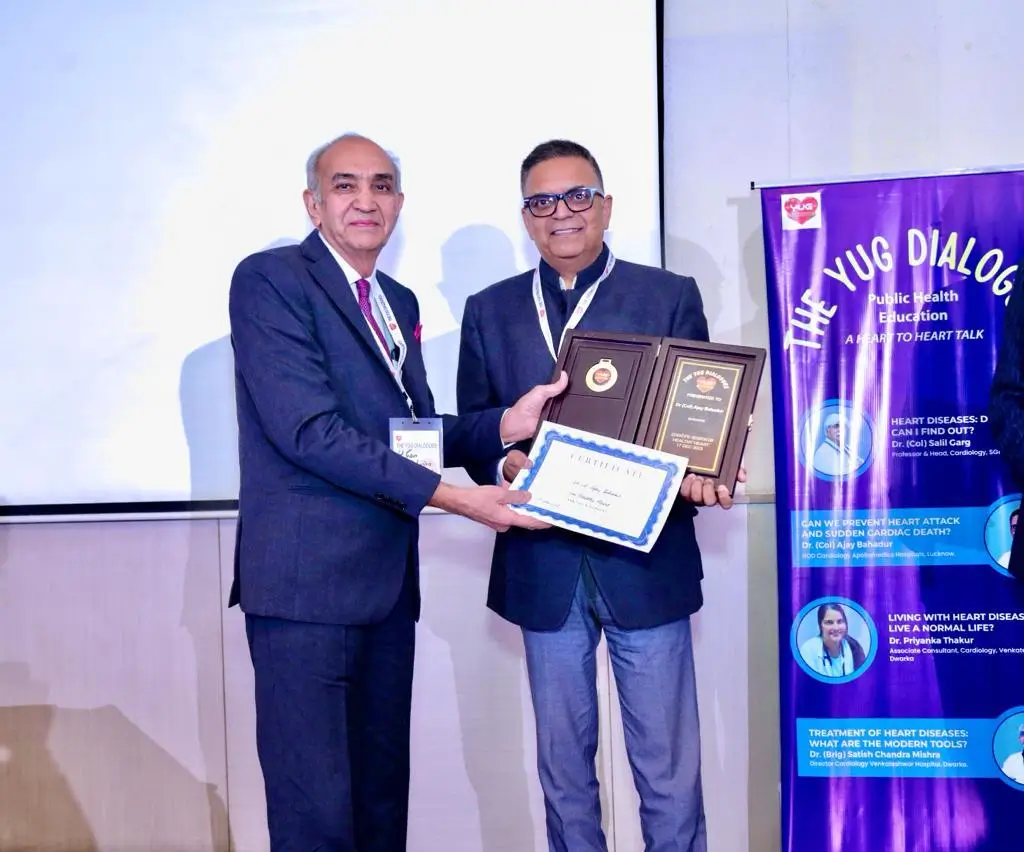ASD stands for Atrial Septal Defect and it is also referred to as a septal patent foramen ovale or a unfix defect. In this type of patent ductus arteriosis, the gap in the atrial septum is larger and the defect is not located to the right of the right pulmonary artery while to the left of the left pulmonary artery as in the case with patent ductus arteriosis. ASD is closed during surgery
An atrial septal defect, commonly referred to as ASD, is a condition which occurs before birth in the heart when there is a hole in the wall that separates the two right chambers of the heart. Although it is possible that some minor defects will never become a problem and are able to spontaneously close during infancy or early childhood, large ASDs and long-standing ASDs have many potential complications, including heart failure and pulmonary hypertension. In order to avoid such complications surgery may be necessary.
There are also babies who might not have any signs or symptoms of having an ASD. Presently, symptoms of the condition can develop in adults at the age of 30 although they can occur much later in life. Common symptoms include:
If you or your child experience any of the following symptoms, it’s important to consult a doctor:
The heart has four compartments, which means two right sided and two left sided, the right side send blood to the lungs and the left side sends it to the body. In an ASD, you have a situation that the oxygenated blood from the left atrium is dumped in the right atrium where it mixes with oxygentrated blood from the right ventricle circulating in the pulmonary circulation causing over circulation of the pulmonary circulation. This leads to the enlargement and subsequent weakening of the right side of the heart as well as increase in pulmonary arterial pressure and pulmonary hypertension.
A doctor may identify the possibility of an ASD during a routine physical examination if he or she can hear a heart murmur. Several tests can confirm the diagnosis:
Most ASDs resolve spontaneously during childhood On this basis, Bemporad and coworkers showed that many ASDs close during childhood. However, persistent ASDs may require treatment:
We prioritize delivering care that is both efficient and effective, ensuring you receive the best possible treatment with minimal wait times. Our focus is on providing high-quality, personalized care that enhances your overall well-being and health outcomes.

Led by Dr. (Col) Ajay Bahadur, widely recognized as the best cardiologist in Lucknow, our practice offers exceptional cardiovascular care.
Copyright © 2024 Dr Ajay Bahadur. All Rights Reserved.
WhatsApp us